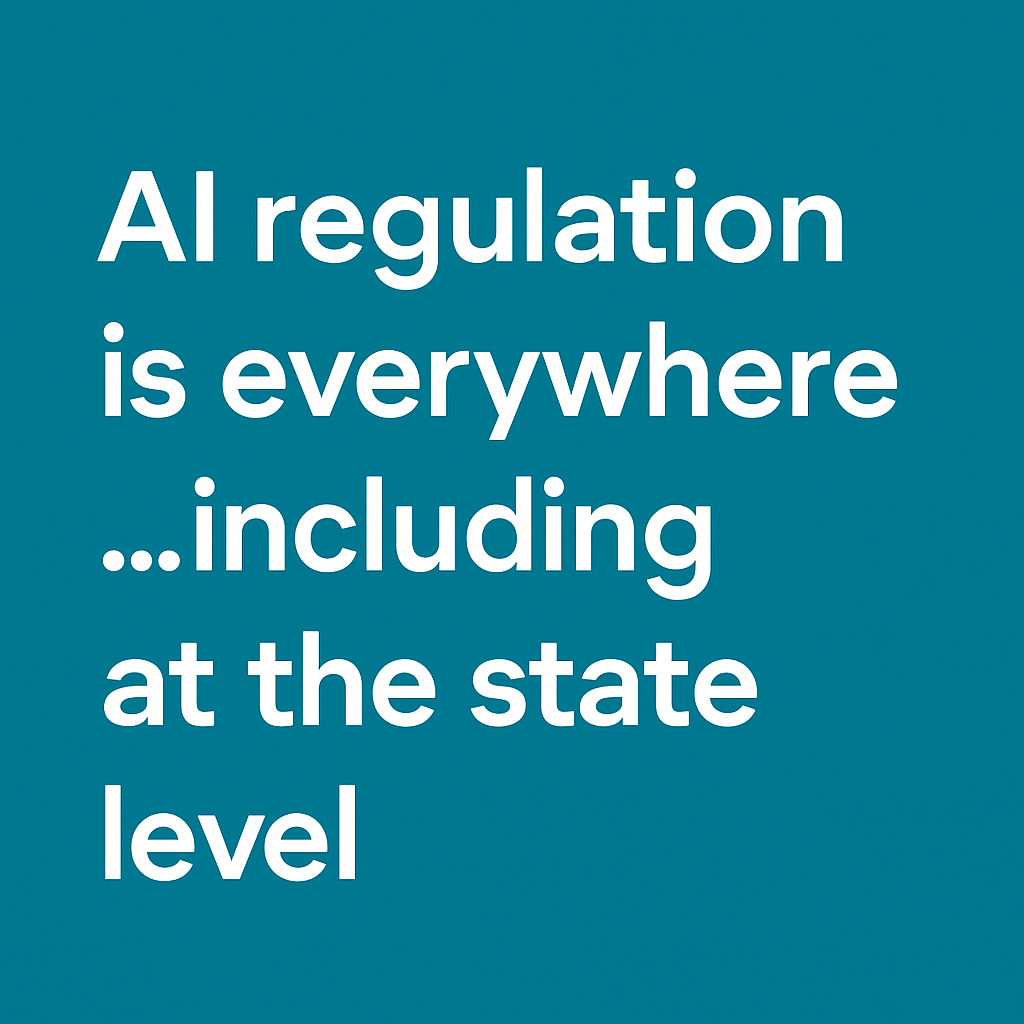Compliance is challenging. The regulatory environment, as well as your organization, are always transforming as they try to become better. It can be difficult to stay on top of all the changes to help mitigate regulatory and reputational risk.
Regulatory fines seem to be increasing, and fines only reflect a fraction of the true costs paid by organizations. And now regulators, such as FINRA, are using artificial intelligence to help make their workload more manageable and efficient. The responsibility is real.
Technology, such as SaifrReview®, can greatly assist and empower a compliance team. It can help streamline and augment current processes to ease many pain points in reviewing, prioritizing, tracking, reporting, filing, and storing public communications.
The simple stuff
Every job has fun parts and boring, monotonous elements. One thing that can waste time and demoralize compliance and legal professionals is making the same, simple comments again, and again, and again. The list of monotonous comments is long, but here are just a few:
- If you mention “X,” you need to include “Y” disclosure,
- You can’t make statements that are promissory, exaggerated, unwarranted, or misleading, and
- Pictures of money growing on trees is not okay.
If the computers point out the simple risks, they can be proactively corrected; and humans can focus on the more challenging and creative tasks.
SaifrReview uses multiple natural language processing (NLP) models to “understand” content. The NLP engine performs a first pass by highlighting potentially risky words, phrases, and images. The engine can often explain why something might be problematic (promissory, misleading, exaggerated, not fair and balanced, etc.) and suggests possible disclosures and footnotes. Marketing can decide to proactively make any changes before compliance even sees the first version. Thus, SaifrReview can help reduce review fatigue while helping deliver compliant materials to market faster.
Prioritization
With the volume of reviews that compliance and legal often have, it can be overwhelming and hard to determine where to focus next. SaifrReview’s NLP engine analyzes each piece, scores each based on identified risks, and presents that score on the dashboard. The score, along with the due date of all items in your queue, can help provide focus on what to review next. Once you open a piece, potential risks are highlighted; and the tool shows why certain words, phrases, or images were flagged. As you review the piece, you can decide what action to take. SaifrReview helps keep you focused on the right priorities to be efficient and deliver your reviews and approvals timely.
Tracking
The system you use to perform your compliance reviews can make an incredible difference. If you are using emails, or paper, you will spend far too much time gathering, sorting, and tracking. You require one system that eases both the work and the tracking of the work. SaifrReview enables marketing, compliance, and stakeholders both inside and outside the organization to collaborate within one tool. You are all literally on the same page so there is no worry about version control. You can see everyone’s comments, changes, and approvals to know what was changed, what wasn’t, and by whom. SaifrReview automates the tracking that enables robust reporting.
Reporting
SaifrReview can help show the compliance team’s productivity, efficiency, and risks mitigated. Automatic reports reveal the number of pieces, pages, and words reviewed per day, month, year, and over custom timeframes to show productivity. To show efficiency, there are reports to track the average number of rounds required for approval; the total number and percentage of pieces that were approved early, on time, or late; and the types of problematic content such as presentations, digital ads, speeches, videos, etc. Once you can report the important metrics, you can begin to tell your story and improve results over time.
Often the biggest challenge with compliance tracking is showing what didn’t happen— the organization didn’t suffer from reputational risk, financial risk, customer risk, or regulatory fines! SaifrReview quantifies the risks that were highlighted and corrected to help avoid potential costs and fines.
Filing
SaifrReview can help streamline the process of filing with regulators. The tool provides an API connection to select regulators allowing in-line filing of final pieces by your registered principal. The tool will also allow you to retrieve any comment letters.
Storing
SaifrReview tracks all materials from entry to approval to filing and then stores the material for easy access. Your materials are secure since Saifr’s software is 17 (a)-4 compliant. Saifr can be used for storing official records and audit history.
Learn more about how SaifrReview can ease compliance reviews.
991013.4.0




-1.png)
